The horrific murder of George Floyd by the Minneapolis police officer Derek Chauvin and two others is a symbol of what is going on in the modern world today. The George Floyds of this world who lacked enough breath of freedom and potential fulfilment are at the mercy of the Derek Chauvins of this world politically, socially, economically, and emotionally, just because of colour difference. The Methodist Church in its report Faithful and Equal of 1987 defines the problem better as racism “allowing prejudice to determine the way power is used to the personal, social or institutional detriment of ethnic minority individuals or communities.” Jemar Tisby in his book, The Color of Compromise also reminds us of an ‘ignominious timeline spanning four centuries of suffering … when white American Christians could have interceded on behalf of racial justice, but did not.’
In a statement on Tuesday from the Archbishop Justin Welby and Archbishop John Sentamu in response to events in the United States of America, they said, “Recent events in the United States of America have once again drawn public attention to the ongoing evil of white supremacy. Systemic racism continues to cause incalculable harm across the world … Let us be clear: racism is an affront to God. It is born out of ignorance, and must be eradicated.’ In her personal message on Tuesday, the President of the Methodist Conference, the Rev Dr Barbara Glasson expressed her ‘outrage and deep sorrow that we have witnessed the recent brutal killing of George Floyd.’ According to her, “But outrage and sorrow are not a sufficient response to racism and inequality in society.” To begin a process of change, the President said, “It starts with self-examination and listening to the people whose lives are affected by discrimination and hate … and violence on a daily basis.”
The problem is about structural racism that is yet without a vaccine. Art Acevedo, Houston Police Chief in a CNN television interview with Christiane Amanpour on Monday explained that policing, leadership or presidency are not about domination of others. According to him, the foundational problem in the world today is ‘about our society and its disproportionalities, things going on in our society’ from the distribution of wealth, good education, policing, criminal justice system, leadership, health care services, and welfare packages.
Two years ago, the United Nation human right panel pointed to the ‘structural racism at heart of British society.’ The experts cited police data showing disproportionate number of minority ethnic people died due to excessive use of force by state. The panel of UN human rights expert explained that ‘the disproportionate number of deaths of black and brown people in incidents with the police shows that structural racism remains rooted in the fabric of British society.’[1] The panel cited data from the Metropolitan police showing a disproportionate number of minority ethnic people – particularly those of African or Caribbean descent – dying due to excessive use of force by the state. The panel “points to the lack of accountability and the impunity with which law enforcement and state agencies operate” hence, “there had never been a successful prosecution of a police officer for a death in police custody.” The revelation from the director of Inquest, Deborah Cole, in her supports for the families of people who die in police custody also points to our society disproportionality. In her evidence to the UN panel, she said, “The racial stereotype of the black man as ‘big, black and dangerous’, ‘violent’ and ‘volatile’, when woven into police culture and practice, can lead to the disproportionate and fatal use of force.”
A report last year by David Lammy, The Labour MP for Tottenham, David Lammy also complained and ‘found racial disparities across the criminal justice system. He has consistently said that young black men feel as though they are living in a police state and that a different standard of policing is applied to black youths, compared with whites.’
What about the Church’s complicity in racism? The Church is not left out of the symbolism of George Floyd and Derek Chauvin. Indeed, the ‘white evangelicals’ support for Donald Trump and their disapproval of Black Lives Matter as instances of modern-day complicity.’ The Most Rev Justin Welby at a meeting of the Church’s ruling body, the General Synod early this year said, the Church of England is “still deeply institutionally racist,” and ‘that he was “ashamed” of its history of racism.’ The ‘Synod members backed a motion to apologise for racism in the Church of England since the arrival of the Windrush generation’ and voted to “stamp out conscious or unconscious” racism.’ The new bishop of Dover, Rose Hudson-Wilkin, is a child of the Windrush generation and the Church of England’s first black woman bishop. On her appointment as one of four minority ethnic bishops out of more than 120, she “longs for the day when we stop having firsts. When we stop having firsts, then we will know it’s normal. So I long for that normality.”[2] She accused the church of institutional racism based on the poor representation of black and minority ethnic people in leadership positions in the church.
The symbolism in George Floyd and Derek Chauvin, knee of oppression on the neck of the poor warns us that “Racism never goes away. It adapts.” The question is what is the hope and way forward for more egalitarian future? As a Methodist Christian, what gives me hope is the gospel both in an immediate sense and future expectation of the Second Coming of Jesus Christ. In an age and culture where the gospel does not make sense, the gospel is the solution to racism. Practically, the state of race relations in the church ‘are very slow to change. Sometimes they don’t change on a broad scale.’ Rev Glasson, the President, Methodist Church, in her apology, especially when the church ‘have not listened carefully enough and not challenged the assumptions of white privilege and bias’ calls for repentance. She said, “Repentance can lead us to change…” Let us start the ‘change on the smaller scale, at the congregational level, or a small group of people who have decided to come together’ in fellowship and ‘to protest in solidarity with immigrants.’
[1] https://www.theguardian.com/world/2018/apr/27/racism-british-society-minority-ethnic-people-dying-excessive-force
[2] https://www.theguardian.com/world/2019/nov/23/first-black-woman-bishop-church-england-rose-hudson-wilkin-dover-racism-inequality

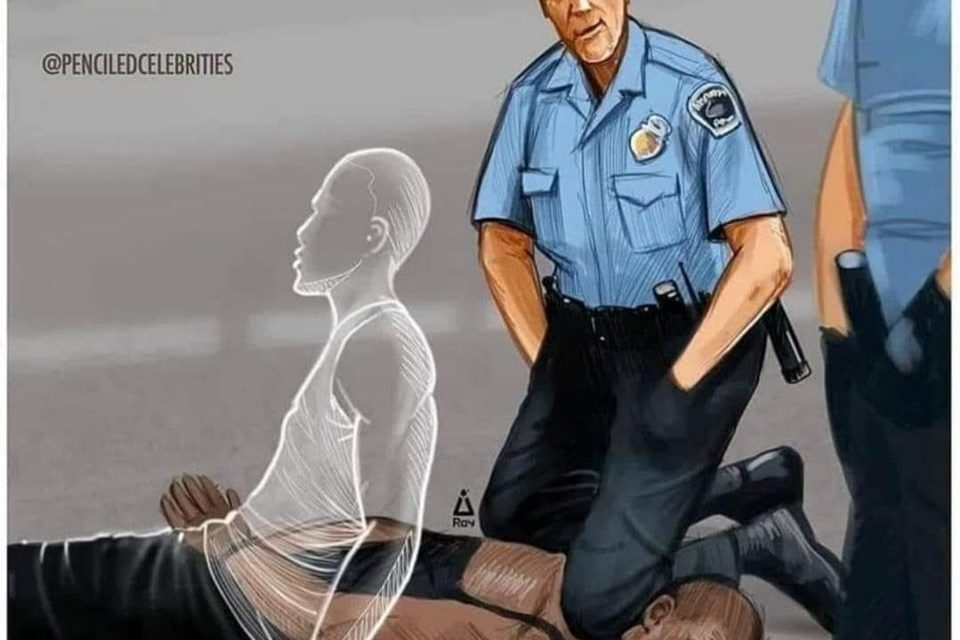
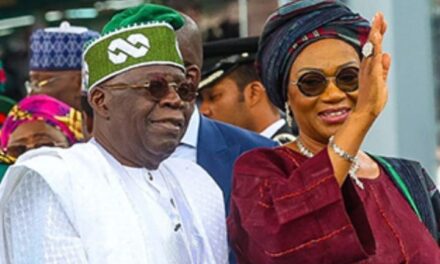

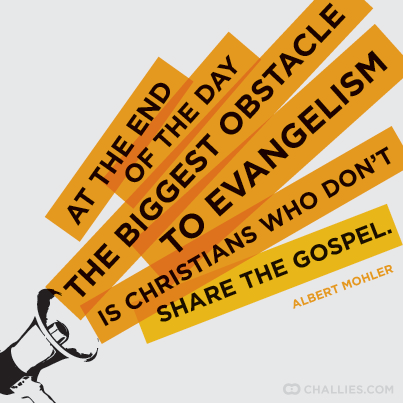
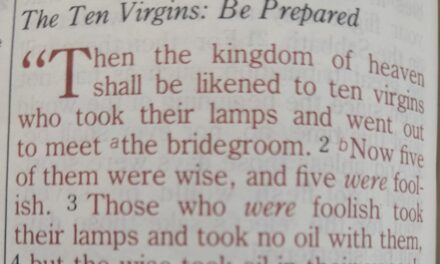




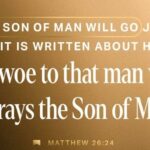
Recent Comments